In terms of pets, Kansas City has come a long way in the last 20 years.
The numbers alone tell the story. At one point in time, we killed more than 20,000 animals each year just for space. These days, thanks to a strong push by our animal welfare community and the supportive citizens who live here, we can claim to be a no-kill city. That means the only animals euthanized now are either terminally sick or injured, dangerous to humans, or unadoptable. It amounts to less than 2,000 animals per year.
So, contrary to popular belief, we don’t euthanize thousands of animals every year in KC. We don’t even have a pet overpopulation issue. Instead, Kansas City has a pet homelessness problem. And what lies between those pets and a loving home are resources. We see this daily at Pet Resource Center of Kansas City. Our experience over the last 16 years shows that there are loving homes out there if people get support when they need it. That includes pet supplies and food, access to vaccines, spay neuter surgery, even a dog house.

Sure, there are cases of neglect, animal abuse, and dog fighting rings. Those are awful and nobody believes those people should have animals. But those are issues of enforcement that our understaffed and underfunded animal control department cannot get on top of no matter how hard they try.
And that’s the issue with mandatory spay and neuter (MSN) laws. It’s enforcement. When you require every animal to be “fixed,” you get a department that is spending all their time writing tickets and impounding pets vs. intervening in neglect and abuse cases.
When Kansas City mandated an ordinance enforcing spay/neuter of all “pit bull” type dogs in 2006, it increased the number of animals euthanized.
- In 2005, KCMO euthanized 981 pit bull type dogs
- In 2006, after the law passed, it euthanized 1,353
- In 2007, the first full year of the new ordinance, KCMO euthanized 1,722
Other cities have found similar results. In Los Angeles, for example, they found in 2011, five years after MSN was put into effect, that 38 percent more dogs were impounded and 56 percent more dogs were euthanized than the year prior to the ordinance taking effect.
Another reality is that these laws disproportionately impact poorer communities, adding undue burden on families already struggling to make ends meet.
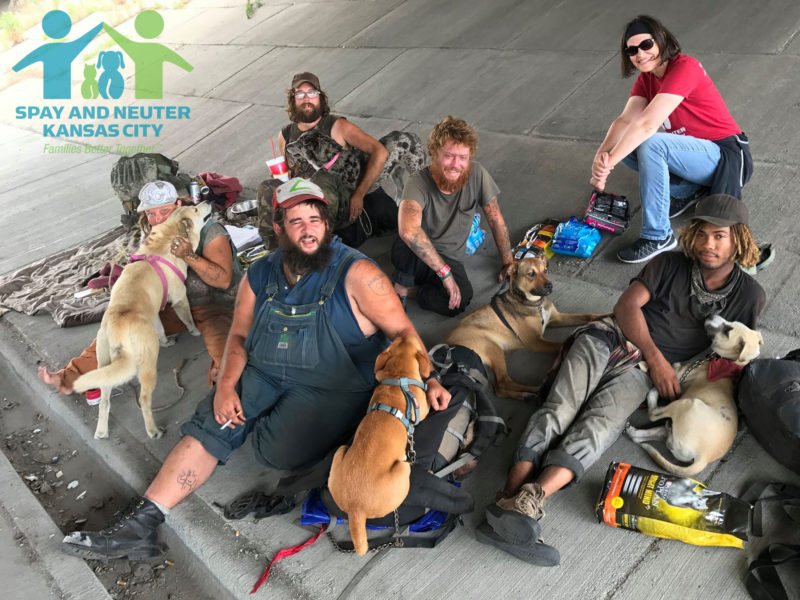
Rather than running afoul of the law, those families will often make the decision to let their animals go, hoping they survive or are picked up and get into a shelter. It’s either this or be hit by fines they can’t possibly afford. When they eventually get another pet, the cycle repeats.
Here’s what American Veterinary Medical Association says about MSN:
“The AVMA does not support regulations or legislation mandating spay/neuter of privately owned, non-shelter dogs and cats. Although spaying and neutering helps control dog and cat populations, mandatory approaches may contribute to pet owners avoiding licensing, rabies vaccination and veterinary care for their pets, and may have other unintended consequences.”
The unintended consequences they mention are an increase in pet homelessness, euthanasia, and higher costs for city residents. The AVMA is hardly alone in their opposition. The American Kennel Club (full disclosure: breeding is what they support), the ASPCA, the Humane Society of the United States, and the Cat Fanciers’ Association have taken a stance against MSN, as have many state and city level organizations across the country.
Despite the evidence, our community — including our animal control department — is engaged in a discussion about MSN. It seems a lot of people are in favor, too, perhaps not understanding how far we’ve come — so far in fact that some of our local non-profit shelters can import animals from other communities because of available space.
While the intention is good, there is more than enough evidence to conclude that this will reverse the positive trends we have seen occuring in Kansas City over the last 20 years. If our animal control department can’t get a handle on the truly awful acts that demand immediate action — dog fighting, animal theft, abuse — how can we expect them to enforce and manage MSN for tens of thousands of pets in our city?
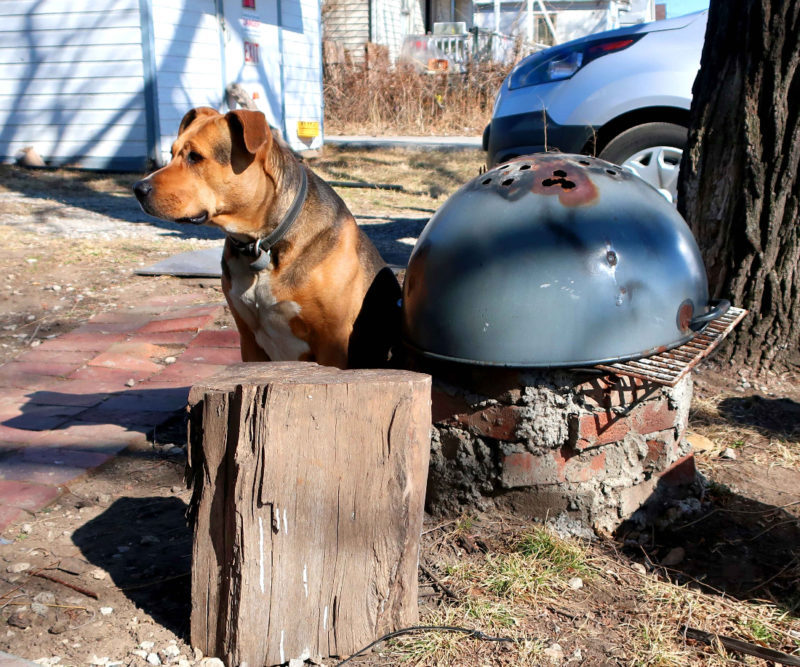
Of course, it also begs the question of who will pay for all of this enforcement or subsidize surgeries of low income pet owners. It won’t just be a costly ordinance, either, it also jeopardizes effective programs already in place by organizations like Pet Resource Center of Kansas City.
As an organization with a vested interested in this community, we wonder why this is a part of the current conversion. Especially considering the independent audit conducted three years ago that outlines the exact steps KCMO Animal Health and Public Safety should take to modernize and keep pace with the progressive steps our animal welfare community has taken.
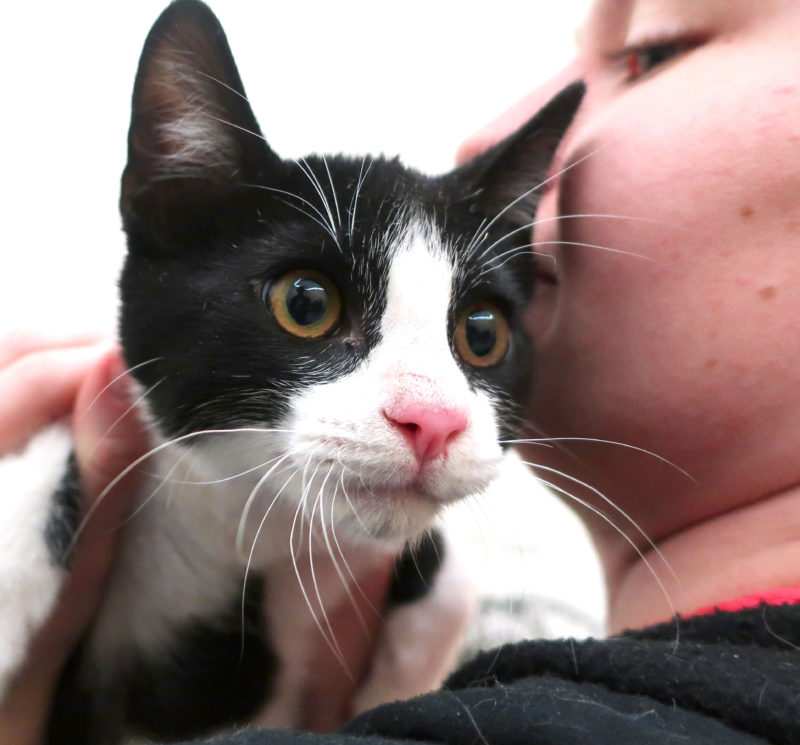
Instead, we are discussing an ineffective policy that dozens of other municipalities have tried, only to see that policy fail, ultimately increasing the number of animals killed for space.

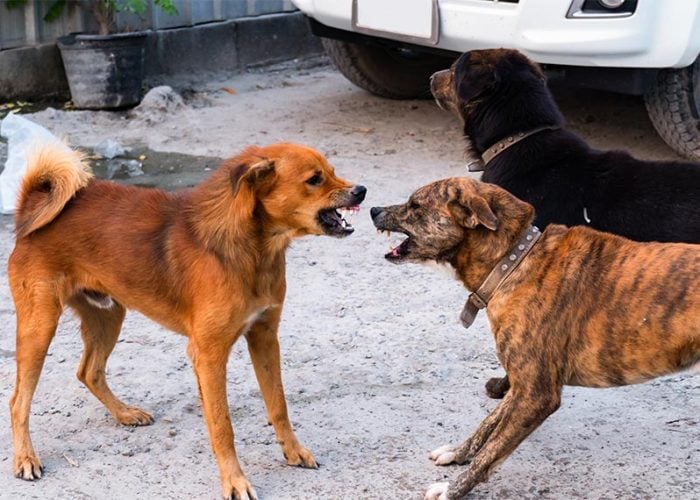
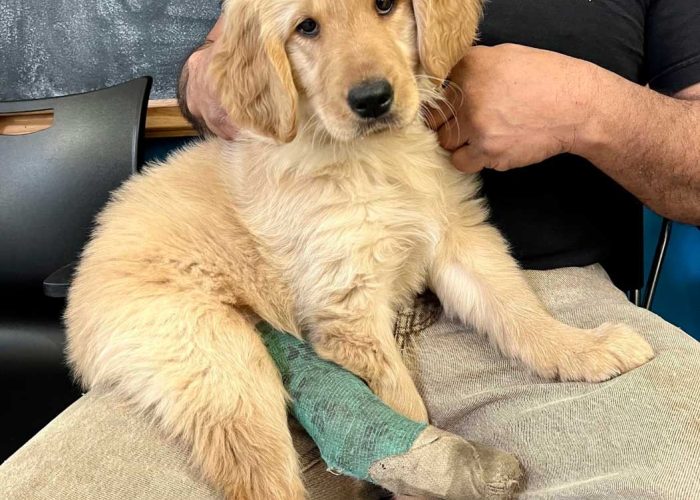
Ok. I read this and came up with this thought. Don’t mandate it. Spend that money on opening up a lot of veryvlow cost spay and neuter clinics and make it easy for the people to get their dogs fixed.